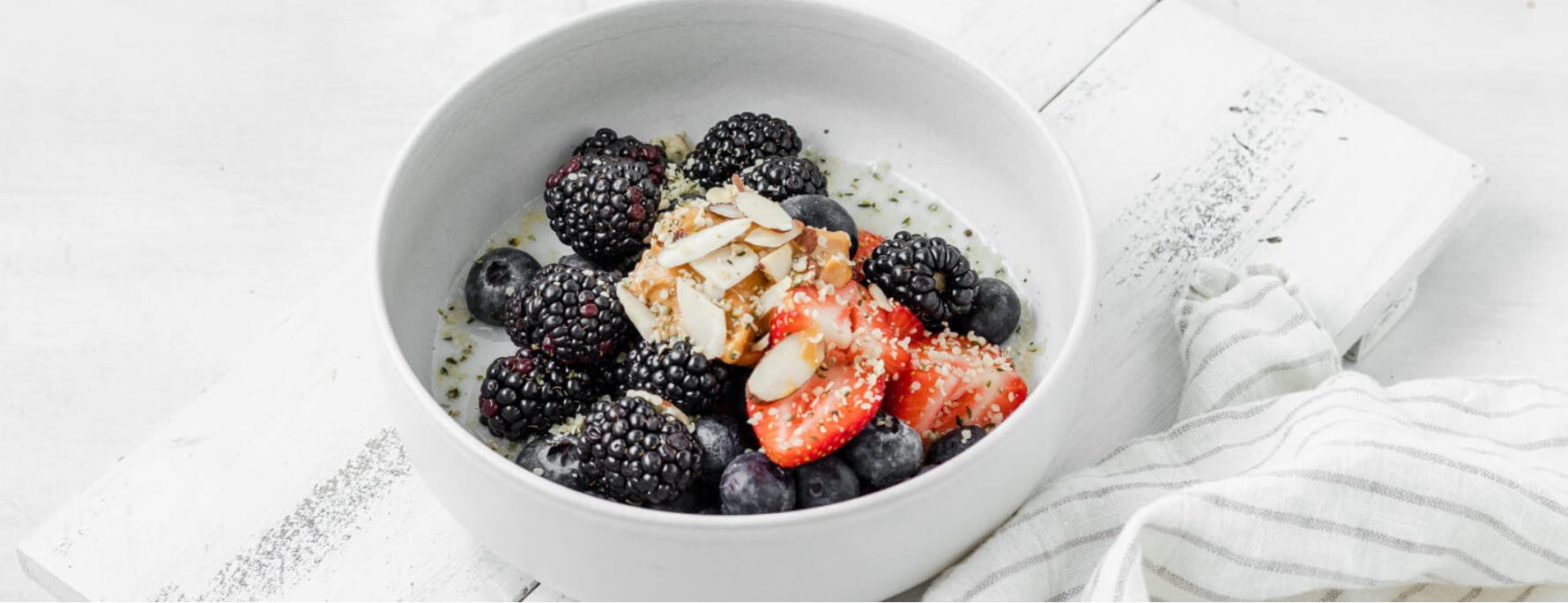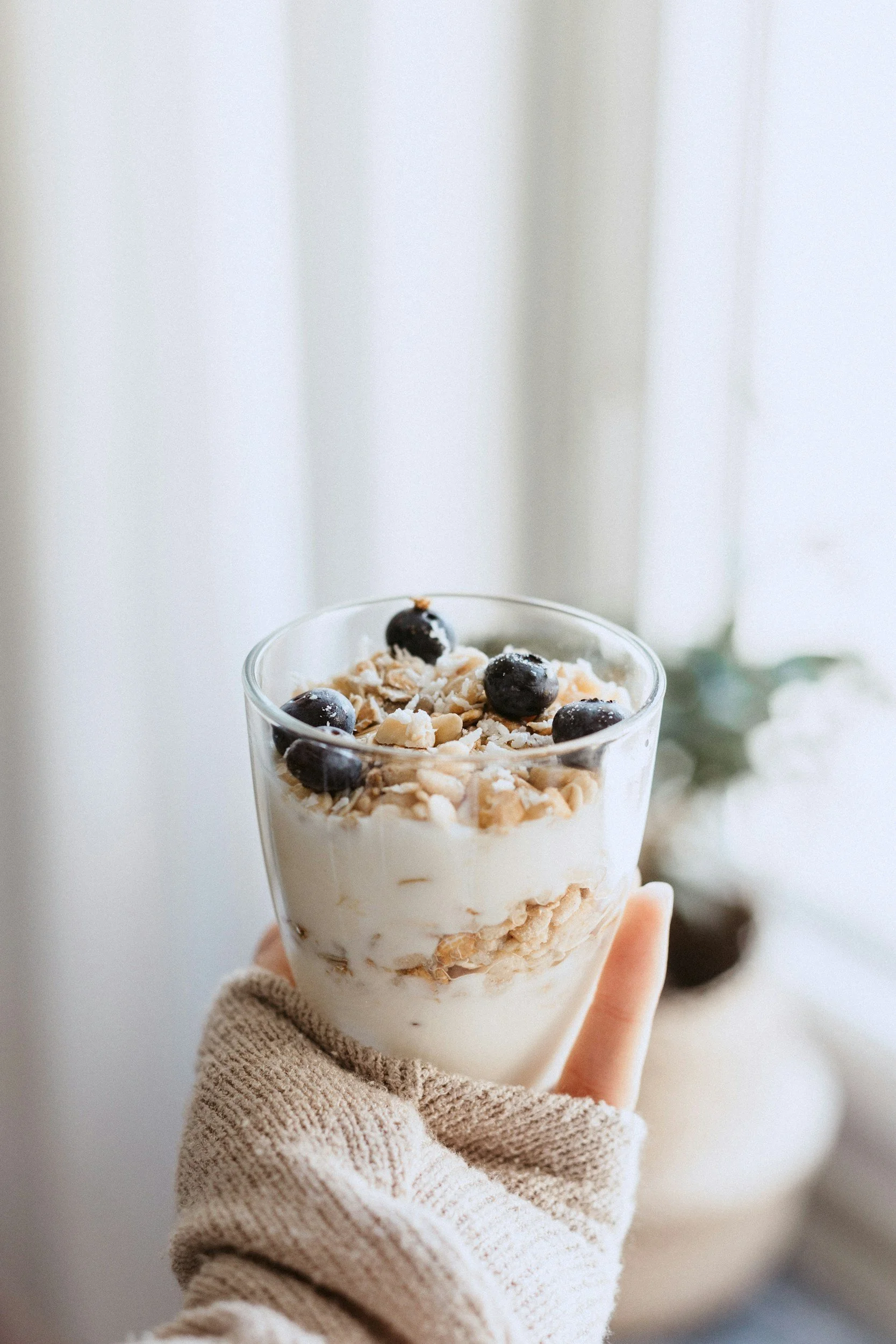4 Bad Habits That Lead To Overeating
/Have you ever felt that feeling where you just overate and you’re not sure why? I know I have and I have spoken to many of our weight loss retreat clients and health coaching clients over the years who have all said they struggle with over eating at times. For some, overeating is a situational issue and only occurs here and there. For others, overeating happens on somewhat regular basis. There are so many things that can cause this problem including stress and health issues. There are also other less serious reasons for overeating.
We were having this exact discussion about overeating at the retreat this week and it prompted me to write this blog post. There seem to be a few common bad habits that induce over eating for many people. Now, obviously there are 1 million reasons for over eating and some don’t have anything to do with the three habits I’m describing in this blog post. These three habits are a great place to start and recognize if any of your habits contribute to overeating at times. In this blog post we’ll go over three common habits that lead to overeating and what you can do about it. In addition, I’ll share some additional tips at the end.
4 Bad Habits That May Lead To Overeating
Here are 4 common habits that might lead to overeating for you.
BOREDOM EATING
This is probably one of the biggest reasons people tell me that they overeat. This can happen at home, at work or even in the car. If you have food available and you’re bored and hungry, you might be prone to overeating during these times. I know this has happened to me before and it’s a situation where I have a little bit of free time on my hands and for some reason I think I’m hungry. Or maybe it’s even time for a snack but before I know it I keep eating and turn that snack into a meal. The bottom line is that food becomes the activity when you’re bored.
What To Do About It: First, you have to recognize if this pertains to you or not. Do you feel like there are times during the day where you eat to fill a void? Whether you’re truly bored or procrastinating, it’s best to actually sit and think whether or not you’re truly hungry. If the answer is yes, try a snack. If the answer is no, get up and go for a short walk — 1 minute or 10 minutes. By getting up and changing your scenery, you can also disrupt that bad habit and change your mindset. If you’ve got time on your hands, go for a workout instead. Household duties that need to be done, arts and crafts, a good movie and reading a book are also great ways to occupy yourself when you’re bored.
MISTAKING THIRST FOR HUNGER
This is happens all of the time and it’s an eye opener for people at our fitness retreat when I point it out. Many people mistake thirst for hunger — and it’s easy to do so. You begin reaching for food when you are actually thirsty because your body is seeking out water. So many people get busy throughout the day and before they know it, they haven’t had any or very little water. According to BSX Technologies, Thirst occurs when your body needs water. When you do not drink enough water, your body receives mixed signals on hunger. Dehydration causes you to believe you need to eat when you really need liquid intake.
What To Do About It: This is a really easy fix! My suggestions to get hydrated so you avoid this mistake are:
Drink consistently throughout the day. Start the day off with 8 - 10 ounces of water when you get out of bed. Continue that 8 - 10 ounces of water every hour or so until you get the right amount of water for you and your activity level.
Set a reminder on your phone to drink water. That way you won’t forget. Whether you’re at home or at the office, setting a reminder is the perfect option to keep you hydrated.
Get a water bottle (24 or 32 ounces) and record how many you’ve had. Keep track throughout the day so you can stay on track and drink the right amount of water for you.
MINDLESS EATING
Mindless eating refers to eating with distractions which makes you less likely to chew your food completely, taste what you’ve just eaten and recognize that you’re full. Have you ever eaten while driving or with the TV on? Did you finish your meal and then think… I barely even remember how that tasted? Mindless eating is more of a problem these days because we’re all so busy and distracted by phones, tablets and TV’s. It’s easy to shovel food in your mouth without even thinking about what you’re eating. Before you know it, you’ve consumed a whole meal and you couldn’t really say whether it was good or not.
What To Do About It: There are some great ways to eat more mindfully that don’t take a ton of work.
Slow down
Chew your food completely
Set your knife and fork down in-between bites
Remind yourself to taste each bite
Eat without distractions (no tv, phones, tablets)
Sit down while you eat
IT’S BECOME A HABIT
In some cases, it’s easy to get into a routine of overeating. Here are a few examples:
You go get coffee (and a muffin) for your 3pm pick me up.
When you come home from the office, you automatically reach for the bag of chips before you make dinner.
You eat your kid’s leftovers because you don’t want to waste food.
You have gotten into the routine of having a bedtime snack (even when you’re not hungry).
Your eating matches the way you needed to eat when you were working out regularly - but your activity level has decreased.
Any of those sound familiar? Sometimes, we actually create a bad habit of overeating without even realizing it.
What To Do About It: This takes noticing the situations or habits you’ve created with eating that aren’t necessary.
Did you really need that extra snack? If not, then go without or replace it with something that has very few calories (water, sparkling water, cucumber, celery).
Can you eliminate grabbing the chips when you get home from work? If you have a food that you can’t stay out of, you might consider not buying it, grabbing something less caloric (like sliced bell pepper and celery) or even changing the behavior. Rather than grabbing for food when you walk in, start with a sparkling water and begin cooking dinner.
Could you save your kid’s leftovers and put them in the fridge instead of eating them? Saving their leftovers could give them a snack later on — a snack you don’t have to prepare.
Can you replace the 3pm muffin with something healthier? Or not have the muffin at all? A portioned out homemade trail mix with dried blueberries could be a great option.
WRAPPING IT UP
Bottom line, there are some bad habits that lead to overeating that we can control. Here are a few tips that might help with overeating:
Notice And Name - When do you overeat and what is the situation surrounding it? Notice when and why it happens. Write it down or make a mental note for the future. For example, is it boredom or have you gotten yourself into the habit of extra snacks or liquid calories? How can you change the behavior?
Track What You Eat - A journal is a great way to track what you’re eating. Sometimes you don't even realize how much food you’re taking in until you see it on paper or when you log it into an app. Try our Balanced Eating Journal for logging.
Swap It out - Maybe you’re having a hard time eliminating an extra snack or eating at a particular time. Can you swap out what you’re eating for something healthier or less caloric? Or can you swap it out for a low calorie beverage like water with lemon instead?
WANT TO WORK WITH US TO REACH YOUR HEALTH & FITNESS GOALS?
If you need help figuring out what your eating habits are and how to fix them, join us for a weight loss retreat or check out some of our online coaching services. It can be tough to change behaviors but with accountability and guidance, you’re more likely to reach your goals. Coach with us:
Nutrition & Health Coaching: Sign Up - health coaching
Online Personal Training: Get monthly workouts, healthy habit suggestions, food logging and more. Sign Up - Online Personal Training
I hope this blog post gave you a little more insight into overeating and some helpful information on what might be triggering it. Sometimes the small things that we do add up in a negative or positive way. Here’s to healthier habits! - Margot
KEEP IN TOUCH WITH US - GET HEALTHY INSPIRATION & RETREAT UPDATES
>> SIGN UP FOR OUR E-NEWSLETTER





















